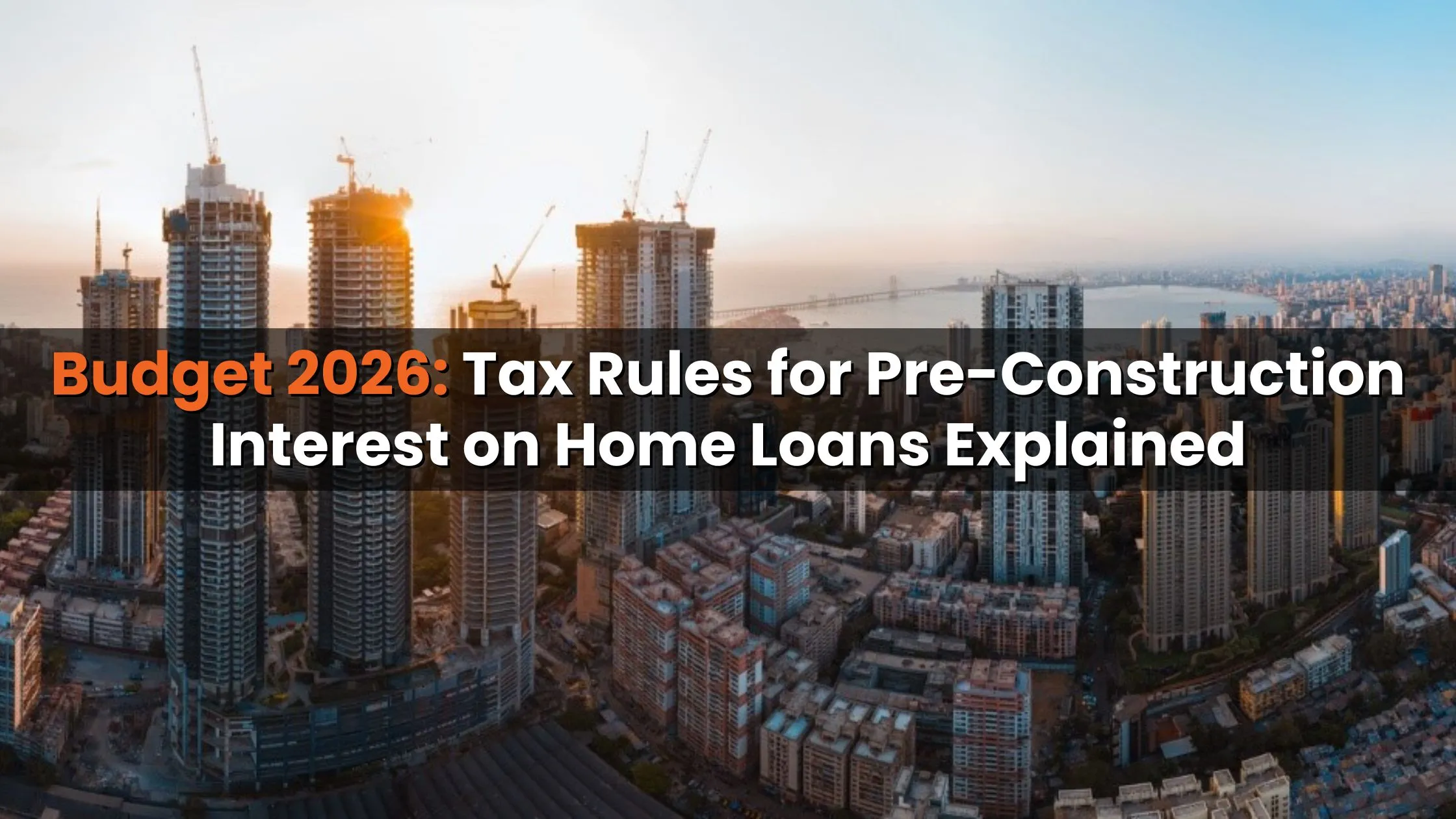Table of Content
▲
LONDON: British home prices fell for the first time in seven months in January before the tax cuts for buyers were completed on March 31, mortgage lender Nationwide said on Tuesday, adding that the market could weaken significantly. Home prices soared in 2020 after Britain's first coronavirus lockdown last spring, aided by Finance Minister Rishi Sunak's decision to suspend taxes on the purchase of properties valued at up to 500,000 pounds ($ 684,400) and people looking for larger homes. Response to that. To close restrictions. But Nationwide said it fell 0.3 percent a month in January, slowing annual growth to 6.4 percent from 7.3 percent in December, the largest jump in six years. Economists polled by Reuters had expected a monthly increase of 0.3 percent in January and a 6.9 percent increase year on year. "To a large extent, the slowdown will likely reflect a downturn in demand before the tax credit for stamps ends, leading many people who were considering moving a home to go ahead with their purchase," said Robert Gardner, chief economist at Nationwide.  "If the stamp tax exemption ends as scheduled, and labor market conditions continue to weaken as most analysts expect, housing market activity is likely to slow, and possibly dramatically, in the coming months." A Reuters poll of analysts, published on Tuesday, showed that prices are expected to stabilize this year before rising 2.7% in 2022. But Howard Archer, an economist at EY ITEM Club, a forecasting company, said house prices could fall by around 5% by the end of 2021. British media have reported that Sunak could extend the tax credit, along with greater support for the labor market, as it seeks to help the economy through the COVID-19 pandemic. The current emergency measures for the current fiscal year will cost more than 280 billion pounds, putting the government on the path of its largest debt in peacetime. Other options to help the housing market include relaxing mortgage affordability rules by the Bank of England or a new government plan for real estate stocks, Samuel Toombs, an economist at Pantheon Macroeconomics, said. "We believe that the government will prefer to keep these options in reserve to stimulate the housing market closer to the next elections in 2024, but offering any of them may prevent prices from falling this year," he said. Also Read: Earn in Real Estate Investment with Just $500
"If the stamp tax exemption ends as scheduled, and labor market conditions continue to weaken as most analysts expect, housing market activity is likely to slow, and possibly dramatically, in the coming months." A Reuters poll of analysts, published on Tuesday, showed that prices are expected to stabilize this year before rising 2.7% in 2022. But Howard Archer, an economist at EY ITEM Club, a forecasting company, said house prices could fall by around 5% by the end of 2021. British media have reported that Sunak could extend the tax credit, along with greater support for the labor market, as it seeks to help the economy through the COVID-19 pandemic. The current emergency measures for the current fiscal year will cost more than 280 billion pounds, putting the government on the path of its largest debt in peacetime. Other options to help the housing market include relaxing mortgage affordability rules by the Bank of England or a new government plan for real estate stocks, Samuel Toombs, an economist at Pantheon Macroeconomics, said. "We believe that the government will prefer to keep these options in reserve to stimulate the housing market closer to the next elections in 2024, but offering any of them may prevent prices from falling this year," he said. Also Read: Earn in Real Estate Investment with Just $500

_1697019499.webp)




_1770286619.webp)
_1770284675.webp)
